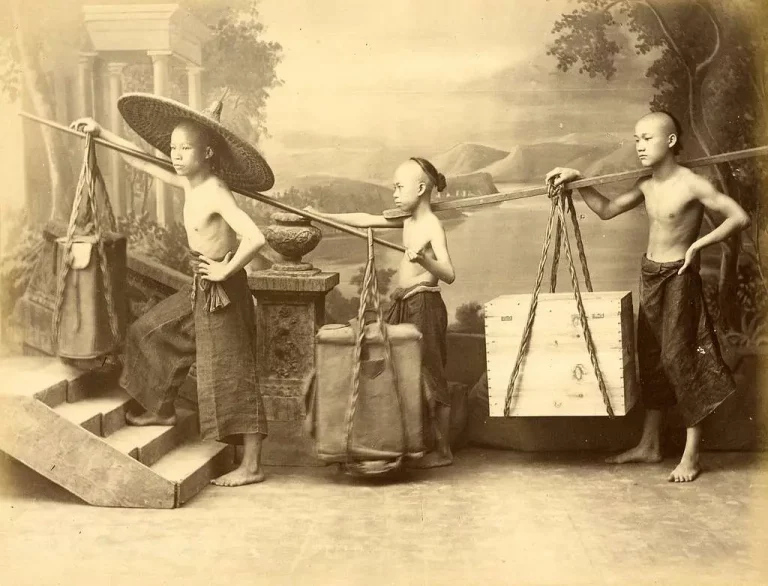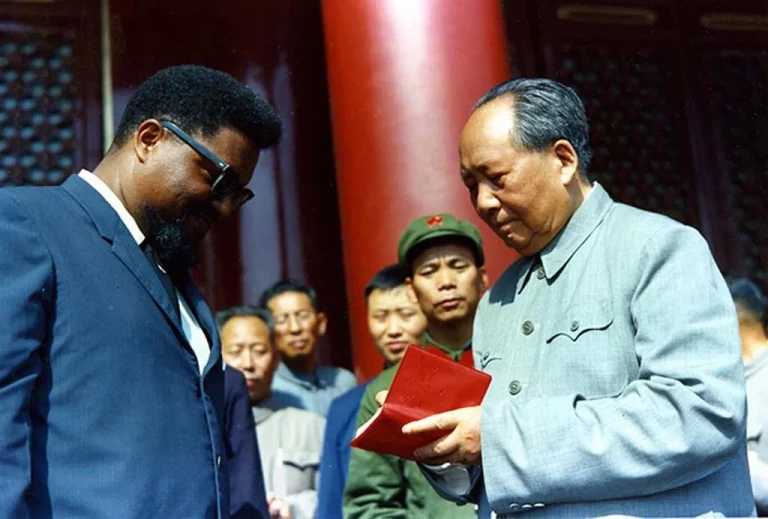The logo heading the pages of the Estado de São Paulo newspaper reminds of Bernard Gregoire, a French that, in 1876, went around the streets of São Paulo by horse, playing a trumpet and announcing the news of the day. The boldness of Estadão, which performed loose newspaper sales at the hands of Gregoire, was target for ridicule from the newspaper rivals. Maybe they didn’t know that, hundreds of years ago, news arrived by horse as well. What is understood as the first journal in the world, the “Acta Diurna”, idealized by Julius Caesar in 2nd century BCE as an instrument of hegemony for his empire, made use of an ingenious logistical structure counting on relays of horses strategically located, capable of covering all the Roman Empire.
Today, newspapers pretend not to know that fake news have always existed. Julius Caesar’s Acta Diurna, which contained official information from the empire, was routinely followed by publications from scribe offices telling tales, gossips, lies. More: there is evidence that the Actas, recorded on wood and exposed to the audience, were also copied in bee wax and posteriorly recorded in papyri for personal reading. No doubts that in this process there were all kinds of dubious “new information”. But the image of the man in a horse announcing news through the city is neither exclusive to Julius Caesar nor to the Estado de São Paulo. In Middle Age, at Europe, minstrels would travel from fief to fief telling fantastic stories about dragons, riches, betrayals, disagreements. Many invented, to the liking of the audience and the onus of the ones portrayed (who were the audience in the previous fief).
How many now appeal to the allegory of the cave, from Plato, to talk about “fake news”, about “post-truth”, about Cambridge Analytica. Yes, we were all enlightened before! Vigilant, outside the caves, in contact with the most pure reality there is. That’s why so many supported the coup in 1964 – including the large press companies that now are so scared by “fake-news” – because communist danger indeed rode through Brazil’s countryside. That’s also why we elected Collor, the “Maharajah Hunter”, in 1989, despite Lula. Let’s remember the confessions from Boni, director of Rede Globo: “I thought that Collor’s fight with Lula in the debates was unequal, because Lula was the people and Collor was the authority. So we managed to remove Collor’s necktie, put a little sweat, with some glitter, and we put the folders, all of those which were there, supposedly with denunciations against Lula, but the folders were entirely empty, with blank papers. That was a way of enhancing Collor’s posture for the spectator, to equal his footing with Lula’s.”
Now let’s take the declarations by Christopher Wylie, ex-employee of Cambridge Analytica who denounced the company’s actions during US elections to The Guardian: “I think it was a grossly unethical experiment because you are playing with an entire country, the psychology of an entire country, without their consent or awareness. And not only are you playing with the psychology of an entire nation, you are doing it in the context of the democratic process.”
Scary, isn’t it? But doesn’t “playing with the psychology of an entire nation” look like what Boni did in 1989? Doesn’t it remind us of Carlos Lacerda’s columns against President Getúlio Vargas in the Tribuna da Imprensa, of his “Brandi Letter” against President Juscelino Kubitschek, of his anti-communist campaign in O Globo newspaper against President João Goulart in 1961? Doesn’t it look like what Folha de São Paulo did by publishing on its cover, in 2009, on the eve of a “democratic process”, a false criminal record of the then minister Dilma Rousseff, containing crimes allegedly committed during dictatorship, that was received by e-mail and was on the website of the far-right group “Terrorism Never Again”?
The “purity of truth” discourse was what motivated, in journalism, the rise of the Anglo-Saxon conception of “Facts, Facts, Facts”. This conception broke with a long tradition of newspapers that had clear political inclinations, which were free spaces for debate, which mobilized different society sectors to the political dispute. What came next? The commercial, “pure”, impartial journalism. The “real” journalism, from the big studios, the big press companies, from Globo, from Folha, who go laughing at the man in a horse proclaiming the news from town to town. Rather, at the man that shares lies from Whatsapp group to Whatsapp group.
This man exists, it is true. He is a risk, it is true. Bolsonaro stimulates him, it is true. But the not-proclaimed truth – which for that becomes a lie – is that this man has always existed: in the Roman Empire, in the Middle Ages, in the modern large newsrooms.
What seems worrying for the large companies is that this man does not ride a horse with a trumpet anymore, and can, just as they alone did before, lie to thousands of people. Without any help from Boni, Lacerda or the Frias family, owner of Folha de São Paulo. They worry not about the truth of the facts, but with the loss of their monopoly of lies. They want the man’s death, not a long life to truth. To the democratization of the lie, to the multiplication of Plato’s caves, they oppose with the autocracy of truth, as did Julius Caesar… for hegemony.






































